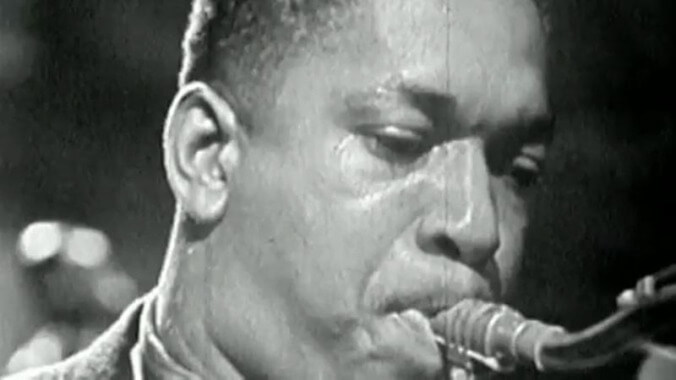That’s a shame for a number of reasons, that Coltrane’s years in Philadelphia were key to his musical development not the least of them. It was here, prior to his Navy stint, that Coltrane studied music theory the Ornstein School Of Music and Granoff Studios. And it was here that, from a distance, he fell under the sway of New York Bop giants like Charlie Parker. That infatuation turned into a professional calling when Coltrane began to work first with Dizzy Gillespie, Johnny Hodges, and other before moving onto collaborations with Miles Davis and Thelonious Monk. Coltrane’s Philadelphia years weren’t without tumult, however: A heroin addiction threatened both his artistic development and his professional success. In fact, Davis fired Coltrane from his famous first quintet before bringing him back into the fold to record the groundbreaking 1958 classic Kind Of Blue, the same year he stopped using heroin and experienced a spiritual awakening that would influence his music for the rest of his life.
So what’s the future of the John Coltrane House? As with Coltrane’s Dix Hills home, that remains unclear. At the moment, it generates no income, making it difficult for its current owners—who purchased it from Coltrane’s cousin Mary Lyerly Alexander, the inspiration for his song “Cousin Mary”—to maintain and repair it. Whatever the fate of Coltrane’s homes, his music will live on. But it would be a shame if the places that help inspire that music faded away.
CORRECTION: In the segment, Tom Moon mentions that Mary Alexander has died, but she is in fact alive and well and living in a Philadelphia nursing home. Our apologies to her.
 Keep scrolling for more great stories.
Keep scrolling for more great stories.

